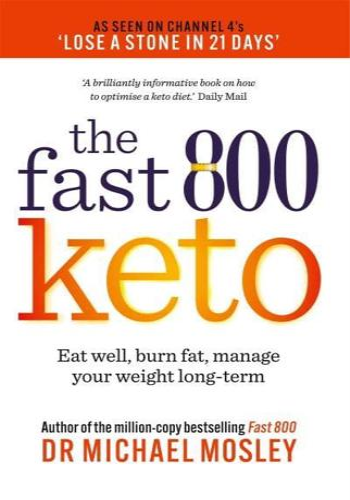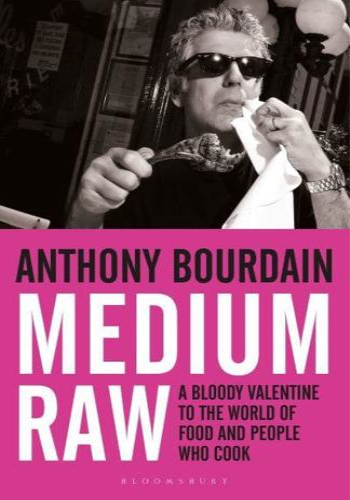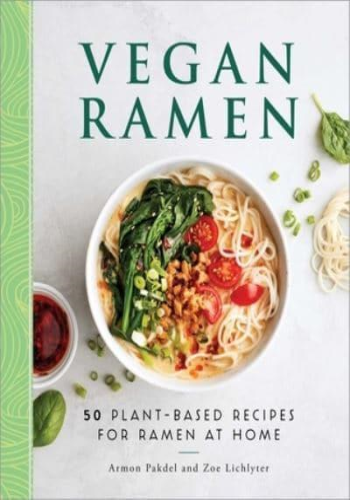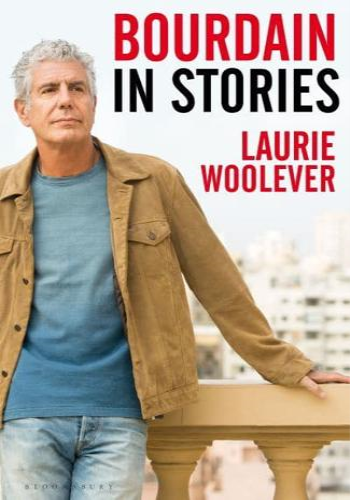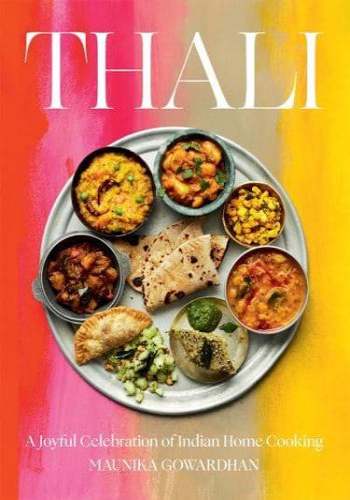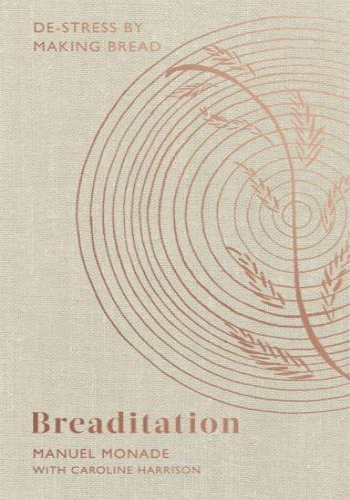Anthony Bourdain's long-awaited sequel to Kitchen Confidential, the worldwide bestseller 'As ferociously rude as anything Bourdain has done before' Guardian 'Terrific ... his love for his subjects - both the food and the cook - sings' Telegraph 'Bourdain has insight, access and good taste, and he's a naturally engaging writer' New York Times A lot has changed since Kitchen Confidential - for the subculture of chefs and cooks, for the restaurant business - and for Anthony Bourdain. Medium Raw explores these changes, moving back and forth from the author's bad old days to the present. Tracking his own strange and unexpected voyage from journeyman cook to globe-travelling professional eater and drinker, Bourdain compares and contrasts what he's seen and what he's seeing, pausing along the way for a series of confessions, rants, investigations, and interrogations of some of the most controversial figures in food. And always he returns to the question: 'Why cook?' Or the harder one to answer: 'Why cook well?' Beginning with a secret and highly illegal after-hours gathering of powerful chefs he compares to a Mafia summit, Bourdain, in his distinctive, no-holds-barred style, cuts to the bone on every subject he tackles.
